IFA animal health chair TJ Maher said there is still a lot of work to be done in advance of the June deadline to maintain a competitive supply of veterinary medicines for farmers and ensure the active involvement in the process of licensed merchants, co-ops and veterinary pharmacies.
He said very little progress has been made to-date to resolve the substantive issue of ensuring the continuation of a competitive supply chain for farmers.
“The Minister for Agriculture Charlie McConalogue has provided a window of opportunity by deferring implementation of this aspect of the new EU veterinary medicine regulations until June. Unless meaningful engagement takes place with key stakeholders to resolve the competitive supply concerns for antiparasitic products, this action will have been worthless,” he said.
“All of the control is in the hands of one service provider, who in turn will be provided with a significant advantage at the expense of licensed merchants, co-ops and veterinary pharmacies. This, in turn, reduces competition for farmers,” he said.
Maher aded that the Antiparasitic Resistance Stakeholder Group has failed to-date in delivering on its key function in relation to the new EU veterinary medicines regulation.
“There is the opportunity to resolve this issue satisfactorily for all stakeholders, but there needs to be a willingness from the minister and his officials to facilitate this,” Maher said.
Reopening of Organic Farm Scheme must be properly administered
IFA organic project team chair, Nigel Renaghan, acknowledged that the reopening of the Organic Farm Scheme is a positive move, however, he warned that historic failings cannot be repeated.
The organic farming budget for 2022 has been increased by a further €5m for new entrants.
Given the ambition to grow organic farming set out both at European level and under the Programme for Government, it is imperative that any farmer who applies for the reopened scheme is accepted, irrespective of the sector they farm in.
In 2018, the points-based system was fundamentally flawed and discriminated against smaller land-based farmers.
Accordingly, IFA is calling for farmers who continued to farm organically from this period to be paid retrospectively.
It is also imperative that the Government stimulate demand for organic produce in order to ensure there is a proper functioning market for organic farmers.
“It is vital that the State commits to public procurement of produce that fully aligns with their Programme for Government target that 7.5% of land in Ireland is farmed organically,” Renaghan concluded.
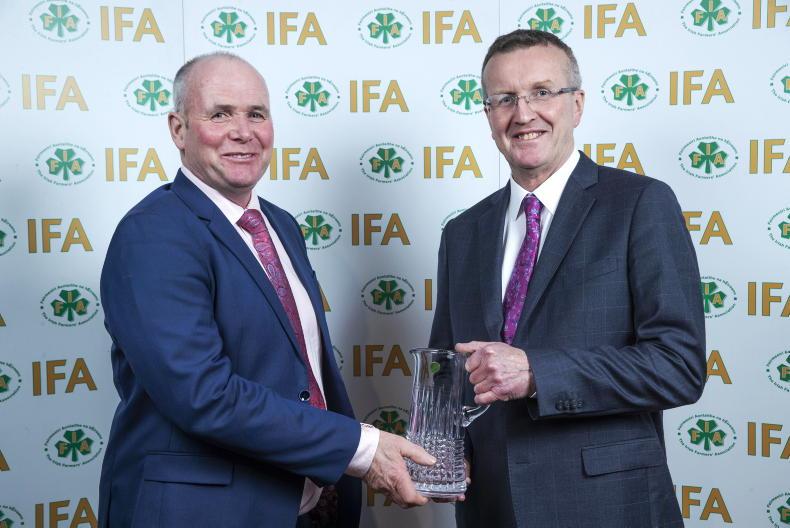
IFA president Tim Cullinan making a presentation to the outgoing national sheep committee chair, Sean Dennehy, at the IFA’s recent AGM.
IFA animal health chair TJ Maher said there is still a lot of work to be done in advance of the June deadline to maintain a competitive supply of veterinary medicines for farmers and ensure the active involvement in the process of licensed merchants, co-ops and veterinary pharmacies.
He said very little progress has been made to-date to resolve the substantive issue of ensuring the continuation of a competitive supply chain for farmers.
“The Minister for Agriculture Charlie McConalogue has provided a window of opportunity by deferring implementation of this aspect of the new EU veterinary medicine regulations until June. Unless meaningful engagement takes place with key stakeholders to resolve the competitive supply concerns for antiparasitic products, this action will have been worthless,” he said.
“All of the control is in the hands of one service provider, who in turn will be provided with a significant advantage at the expense of licensed merchants, co-ops and veterinary pharmacies. This, in turn, reduces competition for farmers,” he said.
Maher aded that the Antiparasitic Resistance Stakeholder Group has failed to-date in delivering on its key function in relation to the new EU veterinary medicines regulation.
“There is the opportunity to resolve this issue satisfactorily for all stakeholders, but there needs to be a willingness from the minister and his officials to facilitate this,” Maher said.
Reopening of Organic Farm Scheme must be properly administered
IFA organic project team chair, Nigel Renaghan, acknowledged that the reopening of the Organic Farm Scheme is a positive move, however, he warned that historic failings cannot be repeated.
The organic farming budget for 2022 has been increased by a further €5m for new entrants.
Given the ambition to grow organic farming set out both at European level and under the Programme for Government, it is imperative that any farmer who applies for the reopened scheme is accepted, irrespective of the sector they farm in.
In 2018, the points-based system was fundamentally flawed and discriminated against smaller land-based farmers.
Accordingly, IFA is calling for farmers who continued to farm organically from this period to be paid retrospectively.
It is also imperative that the Government stimulate demand for organic produce in order to ensure there is a proper functioning market for organic farmers.
“It is vital that the State commits to public procurement of produce that fully aligns with their Programme for Government target that 7.5% of land in Ireland is farmed organically,” Renaghan concluded.

IFA president Tim Cullinan making a presentation to the outgoing national sheep committee chair, Sean Dennehy, at the IFA’s recent AGM.





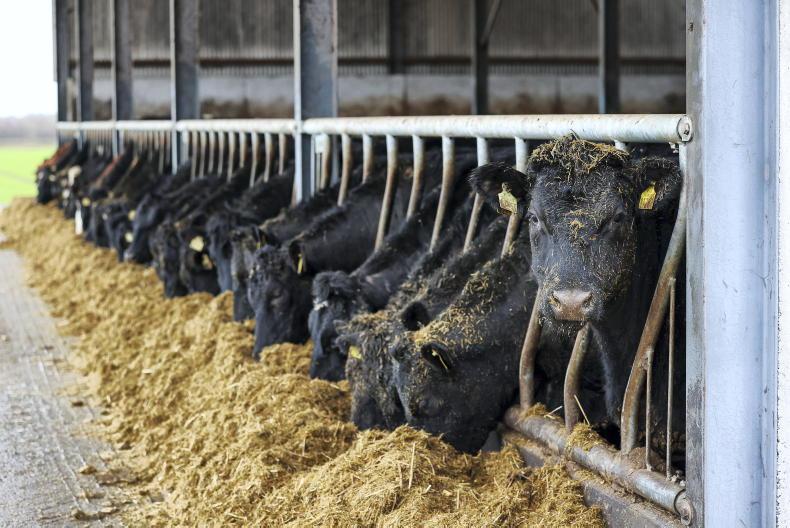
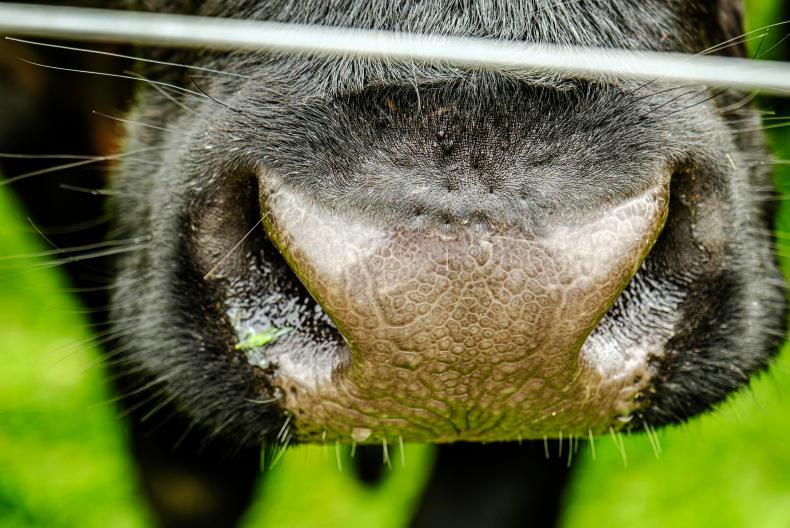
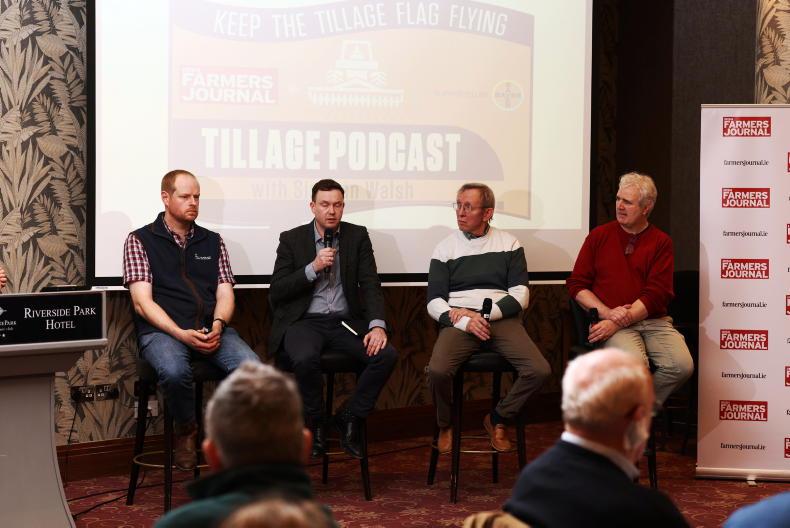
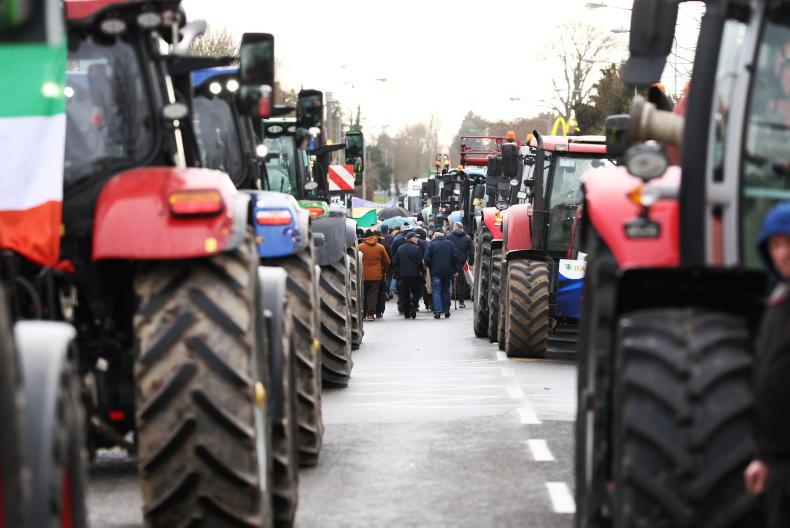
SHARING OPTIONS